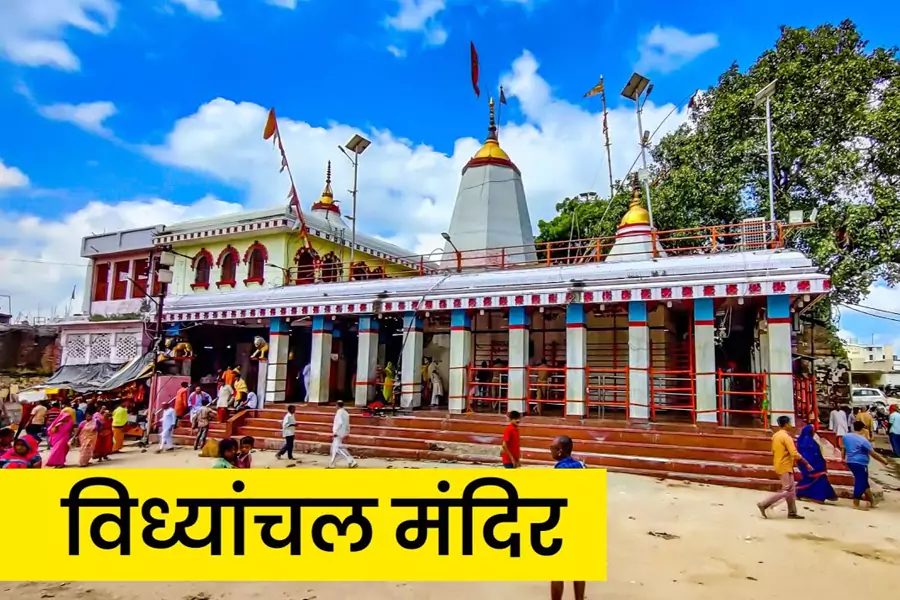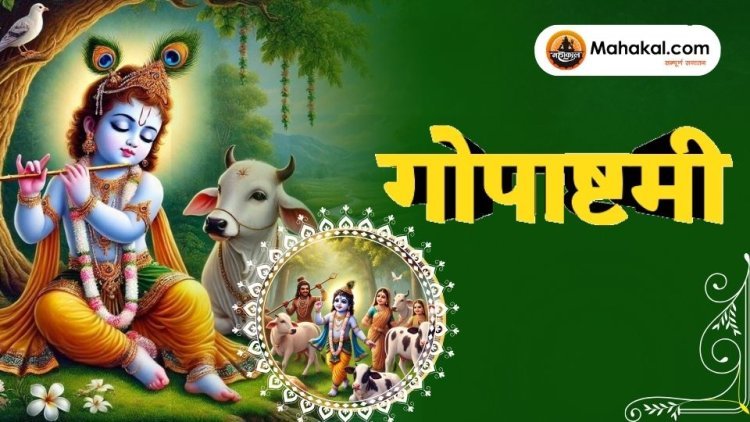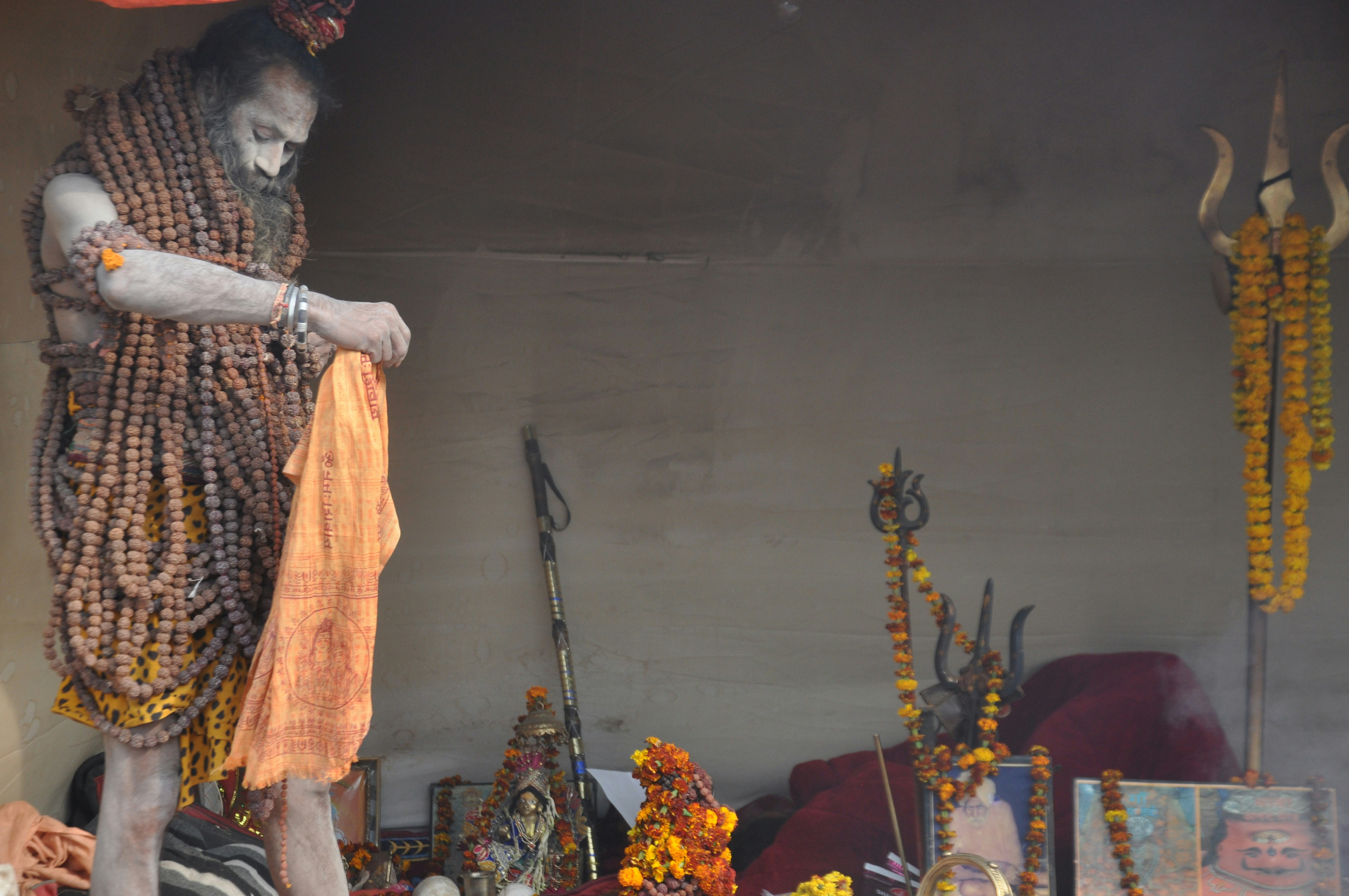Understanding the Significance of Sawan in Hinduism
The month of Sawan, also known as Shravan, holds immense significance in Hinduism, being regarded as one of the holiest periods in the Hindu calendar. This sacred month is dedicated primarily to the worship of Lord Shiva, the deity representing destruction and regeneration in the Hindu trinity. The historical and spiritual importance of Sawan can be traced back to ancient scriptures and mythological narratives, which highlight its role in fostering spiritual growth and devotion.
Astrologically, Sawan corresponds to the fifth month of the Hindu lunar calendar, typically spanning July and August. During this time, the positioning of stars and planets is believed to create an auspicious environment, conducive to religious observances and spiritual activities. The alignment of these celestial bodies is said to amplify the spiritual energies, making it an ideal period for penance, prayers, and rituals aimed at seeking divine blessings and purification.
Throughout Sawan, devotees engage in various forms of worship and rituals dedicated to Lord Shiva. This includes the offering of water, milk, and other sacred items to Shiva Lingams, which symbolize the deity’s aniconic representation. Mondays, known as Shravan Somvars, are particularly significant, with many observing fasts and visiting temples to participate in special prayers and ceremonies. The recitation of mantras and hymns, such as the Shiva Chalisa and Maha Mrityunjaya Mantra, is also a common practice during this month.
The celebration of Sawan varies across different regions of India, reflecting the country’s rich cultural diversity. In the northern states, such as Uttar Pradesh and Bihar, the Kanwar Yatra is a prominent feature, wherein devotees, known as Kanwariyas, undertake pilgrimages to collect holy water from the Ganges and offer it to local Shiva temples. In the southern states, elaborate processions and temple festivals are organized, showcasing traditional music, dance, and vibrant decorations.
Overall, the month of Sawan represents a period of heightened religious fervor and spiritual introspection for Hindus. Its significance is deeply rooted in both astrological beliefs and cultural practices, making it a time of profound devotion and communal harmony.
The Worship of Lord Shiva During Sawan
The month of Sawan holds a special significance in Hinduism, particularly for the worship of Lord Shiva, one of the principal deities. This time is considered highly auspicious for devotees, who believe that their prayers and rituals performed during Sawan are especially potent and likely to be rewarded. The reverence for Lord Shiva in this month is deeply rooted in mythological stories and legends that celebrate his divine attributes and feats.
One of the central legends associated with Sawan is the churning of the ocean, or Samudra Manthan. According to this ancient tale, a pot of poison emerged from the ocean, threatening to destroy the world. It was Lord Shiva who consumed the poison to save humanity, holding it in his throat, which turned blue as a result. This act of supreme sacrifice and protection is commemorated during the month of Sawan, making it a time of deep spiritual reflection and devotion.
During Sawan, devotees engage in various rituals to honor Lord Shiva. Fasting is one of the most common practices, with many observing a strict diet on Mondays, known as Sawan Somvar, which are considered particularly sacred. Devotees believe that fasting on these days brings them closer to Lord Shiva, purifies their body and mind, and helps in fulfilling their wishes.
Chanting of mantras is another integral part of the worship during Sawan. Mantras like “Om Namah Shivaya” are recited with great devotion, as they are believed to invoke the blessings of Lord Shiva. The repetitive chanting is not only a form of meditation but also a way to express unwavering faith and surrender to the deity.
Offerings play a significant role in the rituals dedicated to Lord Shiva. Devotees visit Shiva temples to present Bilva leaves, milk, and water, which are considered sacred and pleasing to the deity. The Bilva leaf, in particular, is believed to have a cooling effect, symbolizing the calming of Lord Shiva’s fierce energy. Milk and water are poured over the Shiva Linga, a representation of Lord Shiva, as a form of abhishekam, or ritual bathing, to show reverence and seek his blessings.
Through these practices and rituals, the month of Sawan becomes a period of intense spiritual activity, allowing devotees to deepen their connection with Lord Shiva and seek his divine grace.
The Rituals and Ceremonies of Sawan Puja
The month of Sawan, also known as Shravan, holds immense significance in Hinduism for the worship of Lord Shiva. During this sacred period, devotees engage in various rituals and ceremonies to honor and seek blessings from Lord Shiva. The daily Sawan Puja typically involves several steps, beginning with an early morning bath, followed by the cleaning and decoration of the Shiva Lingam with flowers, bilva leaves, and other sacred items. Devotees chant mantras, offer fruits, and light incense sticks, maintaining a pious atmosphere throughout the ritual.
Apart from the daily pujas, special ceremonies are conducted on Mondays, referred to as Sawan Somvar. These days are believed to be particularly auspicious, and devotees observe fasts and perform elaborate rituals. The Sawan Somvar Vrat (fast) involves abstaining from food or consuming only specific types of food, such as fruits and milk. The day-long observance is dedicated to intense prayer and meditation, seeking the divine grace of Lord Shiva.
Among the various rituals, the Rudrabhishek holds a prominent place. This ceremony involves the anointing of the Shiva Lingam with a mixture of water, milk, honey, and other sacred substances while reciting hymns from the Rigveda. The Rudrabhishek is believed to invoke the powerful blessings of Lord Shiva, bringing peace and prosperity to the devotees.
Additionally, the significance of pilgrimage sites and temples dedicated to Lord Shiva cannot be overstated during Sawan. Devotees often embark on pilgrimages to renowned Shiva temples such as the Kashi Vishwanath in Varanasi, the Somnath Temple in Gujarat, and the Kedarnath Temple in Uttarakhand. These temples witness a surge in visitors, all seeking to perform special pujas and rituals in the divine presence of Lord Shiva. The sanctity of these sites, combined with the fervent devotion of the pilgrims, creates a spiritually charged atmosphere throughout the month of Sawan.
Overall, the rituals and ceremonies of Sawan Puja are a profound expression of devotion and reverence towards Lord Shiva, enriching the spiritual lives of the devotees who partake in these sacred practices.
The Spiritual and Communal Benefits of Observing Sawan
The month of Sawan holds a special place in Hinduism, offering both spiritual and communal benefits for those who observe it. Engaging in the rituals and practices associated with Sawan can significantly contribute to personal spiritual growth. The act of worshiping Lord Shiva, fasting, and meditative practices help individuals purify their minds and souls, fostering a deeper connection with divine energies. These rituals are not merely traditional obligations but serve as a spiritual cleansing, allowing devotees to reflect and realign their lives with higher spiritual principles.
From a communal perspective, the observance of Sawan fosters a sense of unity and togetherness among families and communities. The collective participation in rituals, prayers, and festivals strengthens familial bonds and encourages communal harmony. It is a time when people come together to celebrate their shared beliefs and values, creating an atmosphere of mutual respect and devotion. Family members often engage in joint activities such as preparing special meals, decorating homes, and participating in temple ceremonies, which further solidifies their relationships.
Charitable activities are also an important aspect of Sawan. The month encourages acts of kindness and generosity, promoting charitable activities such as feeding the poor, donating to temples, and supporting various community services. These acts of charity not only help those in need but also build a sense of empathy and compassion among the participants, reinforcing the communal spirit.
The relevance of these ancient practices in contemporary society cannot be overstated. In a fast-paced world, the observance of Sawan offers a period of pause and reflection. It allows individuals to disconnect from daily stressors and reconnect with their spiritual selves. The communal activities provide an opportunity to strengthen social ties, which are often overlooked in modern life. Thus, the month of Sawan continues to be a time of spiritual enrichment and communal solidarity, bridging the gap between ancient traditions and modern living.
The post The Sacred Month of Sawan: Worshiping Lord Shiva in Hinduism first appeared on .
<p>The post The Sacred Month of Sawan: Worshiping Lord Shiva in Hinduism first appeared on .</p>
The post The Sacred Month of Sawan: Worshiping Lord Shiva in Hinduism first appeared on .
<p>The post The Sacred Month of Sawan: Worshiping Lord Shiva in Hinduism first appeared on .</p>
The post The Sacred Month of Sawan: Worshiping Lord Shiva in Hinduism first appeared on .
<p>The post The Sacred Month of Sawan: Worshiping Lord Shiva in Hinduism first appeared on .</p>
The post The Sacred Month of Sawan: Worshiping Lord Shiva in Hinduism first appeared on .
<p>The post The Sacred Month of Sawan: Worshiping Lord Shiva in Hinduism first appeared on .</p>
The post The Sacred Month of Sawan: Worshiping Lord Shiva in Hinduism first appeared on .
<p>The post The Sacred Month of Sawan: Worshiping Lord Shiva in Hinduism first appeared on .</p>
The post The Sacred Month of Sawan: Worshiping Lord Shiva in Hinduism first appeared on .
<p>The post The Sacred Month of Sawan: Worshiping Lord Shiva in Hinduism first appeared on .</p>
The post The Sacred Month of Sawan: Worshiping Lord Shiva in Hinduism first appeared on .
<p>The post The Sacred Month of Sawan: Worshiping Lord Shiva in Hinduism first appeared on .</p>
The post The Sacred Month of Sawan: Worshiping Lord Shiva in Hinduism first appeared on .
<p>The post The Sacred Month of Sawan: Worshiping Lord Shiva in Hinduism first appeared on .</p>
The post The Sacred Month of Sawan: Worshiping Lord Shiva in Hinduism first appeared on .
<p>The post The Sacred Month of Sawan: Worshiping Lord Shiva in Hinduism first appeared on .</p>
The post The Sacred Month of Sawan: Worshiping Lord Shiva in Hinduism first appeared on .
<p>The post The Sacred Month of Sawan: Worshiping Lord Shiva in Hinduism first appeared on .</p>
The post The Sacred Month of Sawan: Worshiping Lord Shiva in Hinduism first appeared on .
<p>The post The Sacred Month of Sawan: Worshiping Lord Shiva in Hinduism first appeared on .</p>
The post The Sacred Month of Sawan: Worshiping Lord Shiva in Hinduism first appeared on .
<p>The post The Sacred Month of Sawan: Worshiping Lord Shiva in Hinduism first appeared on .</p>











Leave a Reply